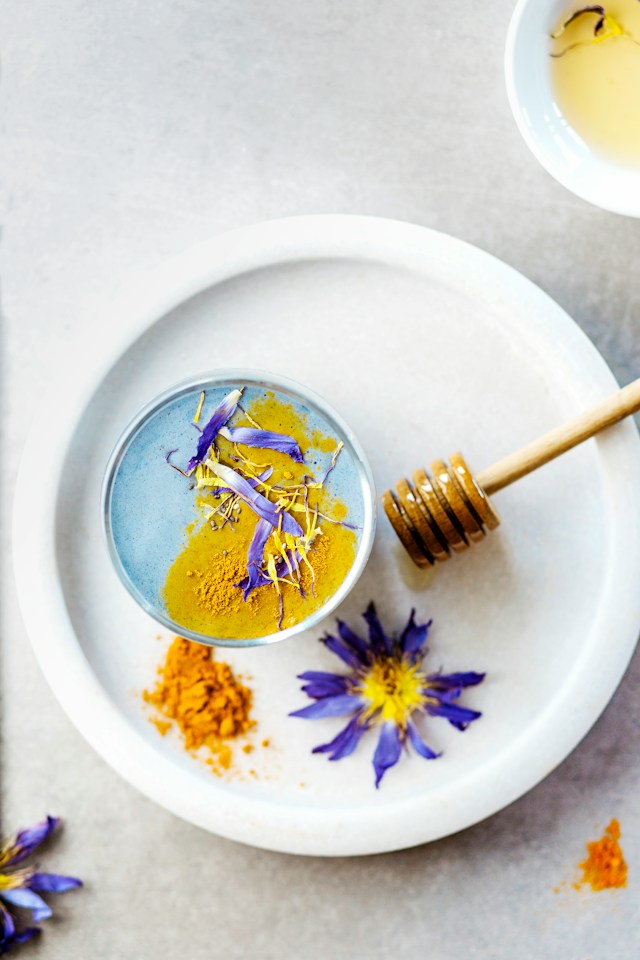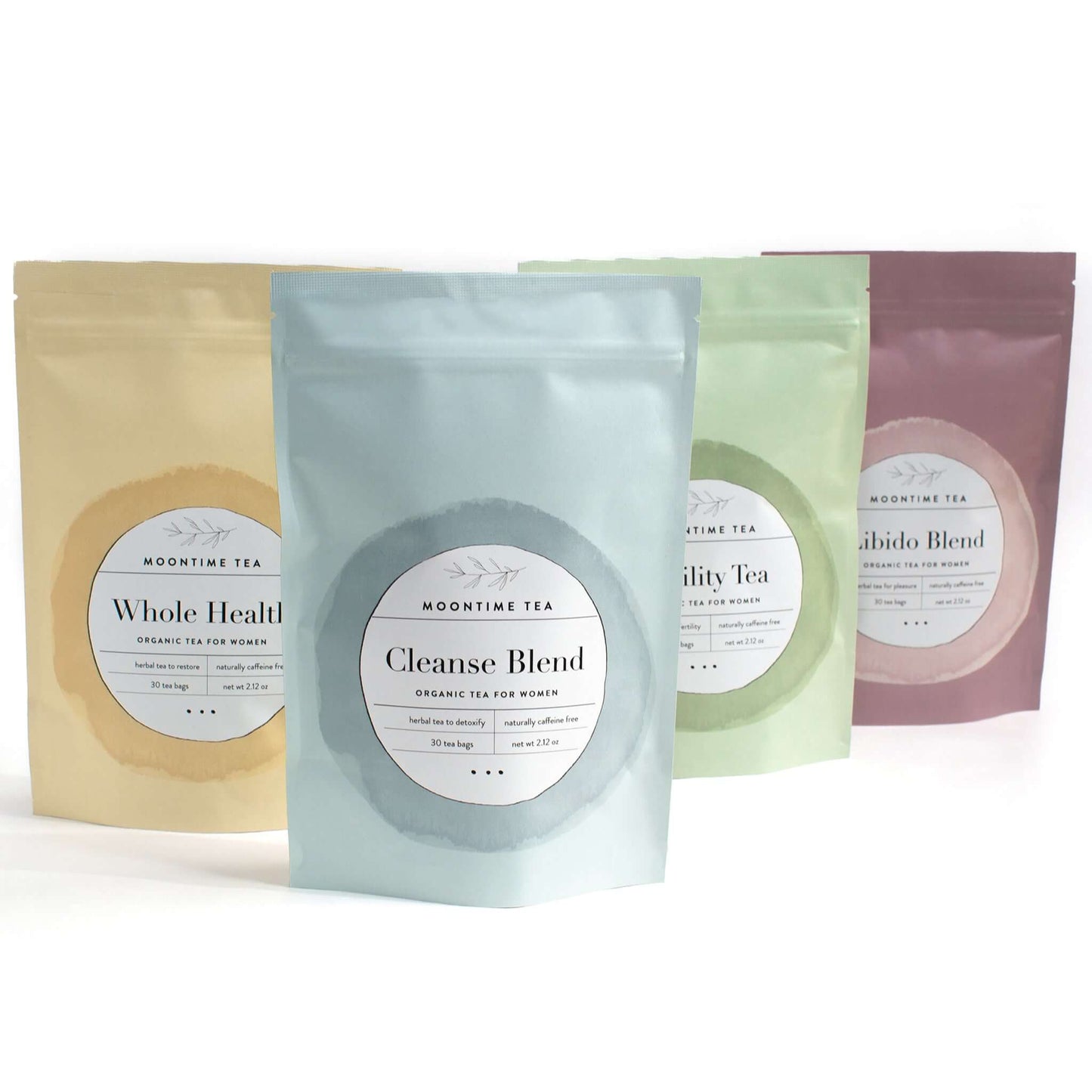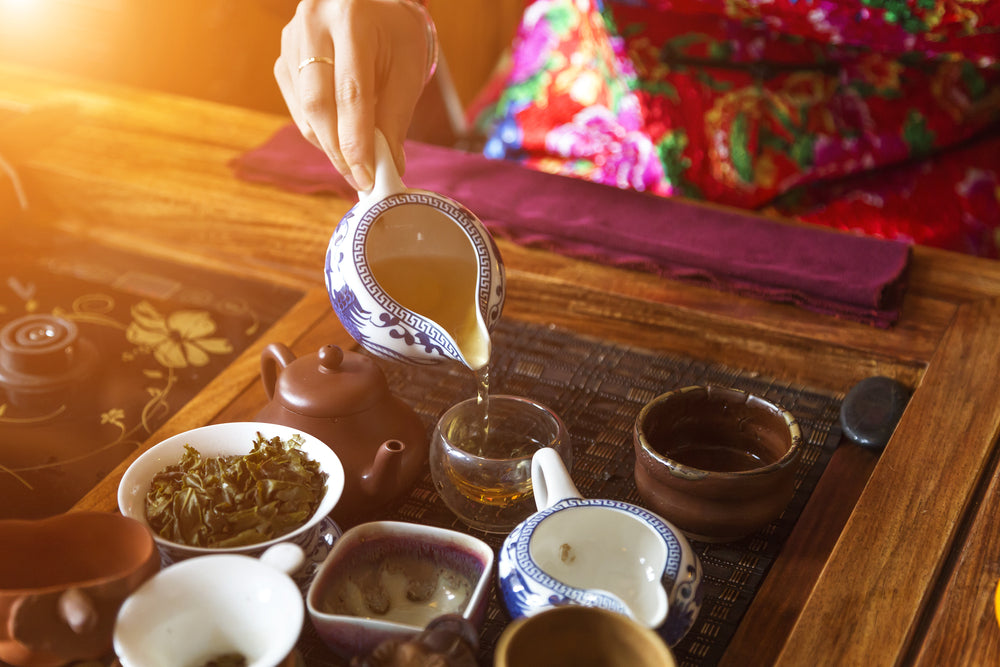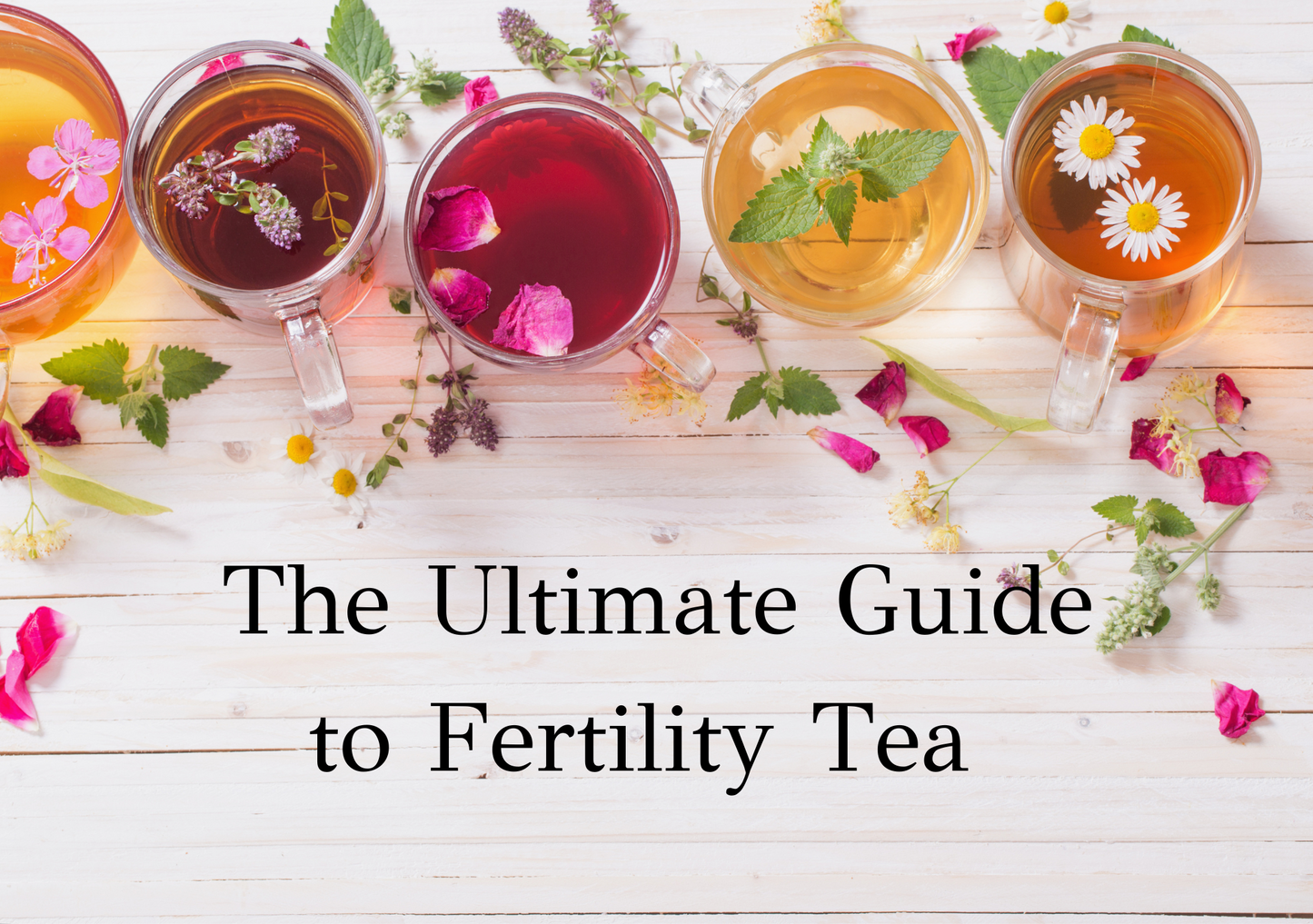Understanding Inflammation: How Organic Herbal Tea Can Help
Inflammation is a vital part of the body's immune response, but chronic inflammation can lead to health issues. Organic herbal teas, known for their potential anti-inflammatory properties, feature specific ingredients with mechanisms targeting inflammation
Inflammation is a natural and essential part of the body's immune response to injury, infection, or harmful stimuli. However, when inflammation becomes chronic, it can contribute to various health issues, including cardiovascular diseases, autoimmune disorders, and chronic pain. Organic herbal teas have gained popularity for their potential anti-inflammatory properties, with specific ingredients known for their ability to combat inflammation.
The Science Behind Inflammation:
Inflammation is the body's defense mechanism, involving the activation of the immune system to eliminate harmful stimuli and initiate the healing process. It is a complex biological response that includes the release of various signaling molecules, immune cells, and increased blood flow to the affected area.
Chronic inflammation occurs when the body's inflammatory response persists over an extended period, leading to tissue damage and contributing to the development of various diseases. Lifestyle factors, such as poor diet, stress, and environmental toxins, can contribute to chronic inflammation.
Organic Herbal Tea Ingredients and Their Anti-Inflammatory Properties:
Turmeric:
Active Compound: Curcumin, the main bioactive compound in turmeric, has potent anti-inflammatory and antioxidant properties.
Mechanism: Curcumin inhibits multiple pro-inflammatory pathways at the molecular level, reducing the production of inflammatory cytokines.
Ginger:
Active Compounds: Gingerol and other bioactive compounds in ginger have anti-inflammatory and antioxidant effects.
Mechanism: Ginger inhibits the production of pro-inflammatory cytokines and enzymes, reducing inflammation at the cellular level.
Lemon:
Active Compounds:
Lemon peel contains active compounds, such as limonene found in its essential oil, which are believed to contribute to its potential anti-inflammatory effects.
Mechanism: Limonene has been studied for its ability to modulate inflammatory pathways and act as an antioxidant, supporting the reduction of inflammation in the body. These compounds may work by interfering with inflammatory processes at a cellular level, potentially offering benefits in managing inflammation-associated conditions.
Black Pepper:
Active Compound:
Piperine, found in black pepper, has been shown to enhance the absorption of curcumin by inhibiting certain enzymes in the digestive tract and liver that would otherwise break it down.
Mechanism:
Piperine promotes the absorption of curcumin into the bloodstream, allowing it to reach therapeutic levels more effectively. This increased absorption is crucial for curcumin to exert its anti-inflammatory effects.
Organic herbal teas, like whole health tea, with their natural anti-inflammatory properties, can be a valuable addition to a health-conscious lifestyle. The active compounds in ingredients like turmeric, ginger, lemon and black pepper work synergistically to combat inflammation at various levels. While enjoying these teas, it's essential to maintain a balanced lifestyle, including a nutritious diet and stress management, to further support overall health and well-being.
Visit Moontime Tea to learn more about our whole health anti-inflammatory tea.
Photo by Dani Rendina on Unsplash







